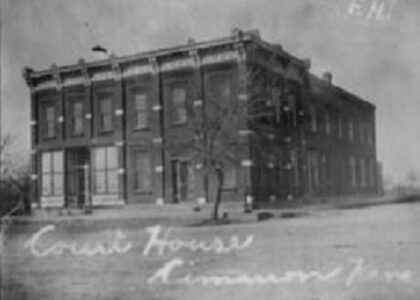As you make your way through the picturesque landscapes of Montana, pause for a moment to reflect on the legacy of Jeannette Rankin, a woman whose bold pacifism left an indelible mark on American history. Born in 1880 near Missoula, Rankin’s journey to becoming the first woman elected to the United States Congress is a testament to her pioneering spirit and unyielding commitment to peace.
Rankin’s story begins in the vast open spaces of Montana, where she grew up in a family that valued education and civic involvement. Her early experiences in social work and suffrage movements laid the foundation for her historic entry into Congress in 1916, just four years before women in the United States won the right to vote nationwide.
As you drive past or imagine the rolling hills, picture Rankin’s steadfast resolve as she cast a vote against entering World War I, becoming one of the few voices of dissent in a time of national fervor. Her courage was not without consequence; she faced significant backlash, yet she held firm to her convictions.
Rankin’s political career was not confined to a single moment. She returned to Congress in 1940, becoming the only member to vote against U.S. participation in World War II after the attack on Pearl Harbor. It was a decision that would define her legacy, as she famously declared, “As a woman, I can’t go to war, and I refuse to send anyone else.”
This location, marked by the coordinates 46.629444, -111.569639, serves as a symbolic reminder of Rankin’s unwavering commitment to peace and equality. Her efforts extended beyond opposition to war; she was a champion for social reform, labor rights, and women’s suffrage. Her activism continued well into her later years, leaving a lasting impact on future generations of activists and lawmakers.
Today, Jeannette Rankin’s legacy is celebrated not only in Montana but across the nation, as her life and work continue to inspire those who strive for justice and peace. Her story is a powerful reminder of the impact one individual can have in the face of adversity, making her a figure of enduring significance in American history.




